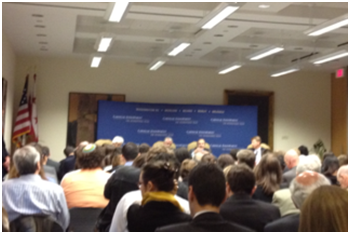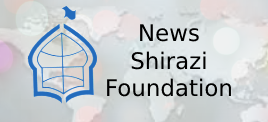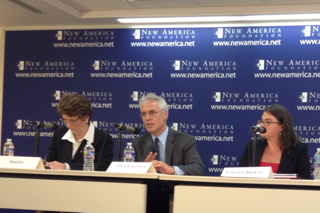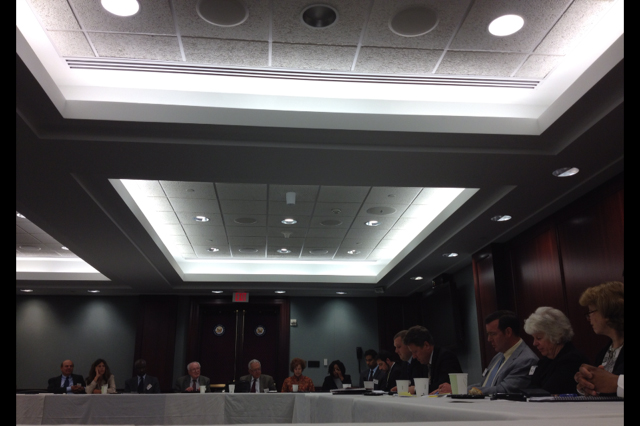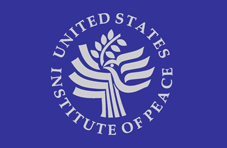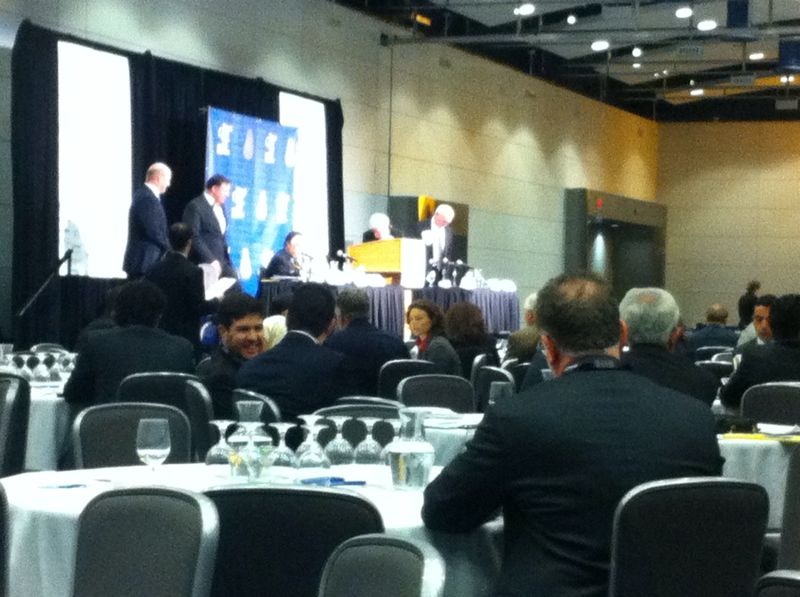Imam Shirazi World Foundation calls Arab Summit to meet People’s Demands
Imam Shirazi World Foundation addresses the Arab Summit held in Baghdad in a statement calling to meet the people’s demands and ambitions especially those of the Iraqis. I.S.W.F’s statement urges to show high respect to a set of public demands on top of which are: change, freedom of beliefs, human rights all across the Arab countries. Moreover, the statement emphasizes the summit not to break the Arab League convention of equality in dealing (in double standard basis) with issues in regards to any Arabian country. It also calls the summit to put great concentration and effort on achieving the public demands of the Iraqis and to respect this country’s new situation.
The full statement of Imam Shirazi World Foundation:
After being ignored for long years, the Iraqi capital of Baghdad hosts the Arab Summit and leaders. The general budget of Iraq is spent on opening this summit to grant good return of the Arab Leaders into Baghdad; besides that, all of the governmental security and services departments have been on high alert, as well, to help convince Arab leaders be present in Baghdad in a hope that their return would bring success to this summit.
Well, the results of this summit should at least meet the efforts puth forth towards its success! Otherwise, this summit would be no more than welcoming some Arab delegations who have refused accepting this country’ present situation since 2003 (the collapse of the Baathi regime led by Saddam Hussein). Thus, it is highly important to emphasize the following:
First, accept and respect the sovereignty of the country of Iraq, not intervening in its internal issues, support it whenever necessary to cancel the international sanctions imposed against Iraq since 1990.
Second, not dealing with any Arabian issue in a double standard manner. There is no difference at all between the issue of Bahrain or that of Syria, Libya or Yemen.
Third, adopting equality value among all of the summit’s members so none would make Vito against any other.
Fourth, concentrating on the issues of the country of Iraq. There must be a serious solution seeking of all the conflicts between Iraq and the other Arabian countries especially its neighboring countries.
Fifth, issuing in the summit’s final communiqué an announcement that is clear to all of it’s members preventing sectarian provocation in any country as sects are natives and citizens whose freedom and rights of religious, beliefs, and practices must be respected.
Finally, aknowledging the equality between these countries, which is the aim of the Arab League, otherwise this translates into the failure of this summit. Such result is not by any means what the nations of Arab Spring in general aim for!


